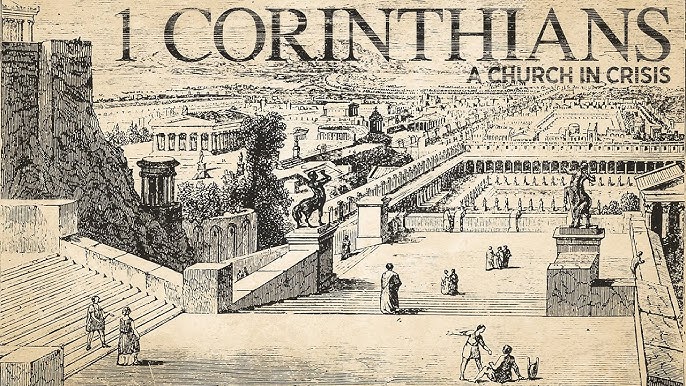Inclusive education systems not only empower individuals acim but contribute to the building of diverse and resilient communities. By fostering an environment where everyone has equal access to knowledge, societies can work towards dismantling systemic inequalities and promoting a more just and equitable world.
Societal Progress and Innovation:
A well-educated populace is the driving force behind societal progress and innovation. Education is not only about individual growth but also about creating a collective intelligence that fuels advancements in science, technology, and the arts. Educational institutions become crucibles of creativity, incubating ideas that have the potential to reshape societies.
Moreover, education instills a sense of civic responsibility. Informed citizens are more likely to actively participate in the civic life of their communities, contributing to social initiatives, advocating for positive change, and ultimately fostering a society that values cooperation and progress.
Global Citizenship and Cultural Understanding:
In an era of global interconnectedness, education plays a pivotal role in cultivating global citizens. Exposure to diverse perspectives, cultures, and global issues fosters a sense of interconnectedness and shared responsibility. Education becomes a bridge that connects people from different corners of the world, breaking down cultural barriers and promoting a deeper understanding of our collective humanity.
Cultural understanding is an inherent outcome of an education that values diversity. It promotes respect for different traditions, languages, and worldviews, fostering a global community that celebrates its rich tapestry of differences. Through education, individuals develop the skills and awareness needed to engage with the world with empathy, contributing to the creation of a more inclusive and harmonious global society.


